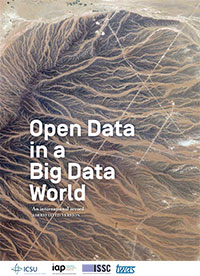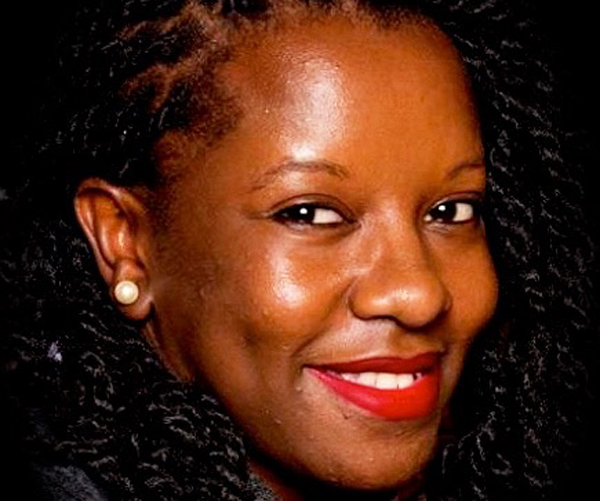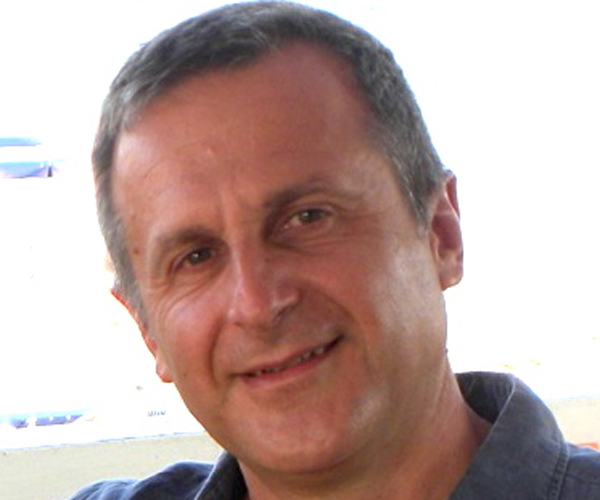 Big data helps researchers recognise subtle but powerful patterns in areas ranging across the sciences. Well-managed big data tell us where poverty is worst and how many children are undereducated. They show where more doctors are needed, and provide vital information about food and water supplies. And taking full advantage requires resources, cooperation, education and a cultural shift within science. So TWAS is one of four front-line world science organisations taking part in the Science International initiative, alongside the International Council for Science (ICSU); the InterAcademy Partnership (IAP); and the International Social Science Council (ISSC).
Big data helps researchers recognise subtle but powerful patterns in areas ranging across the sciences. Well-managed big data tell us where poverty is worst and how many children are undereducated. They show where more doctors are needed, and provide vital information about food and water supplies. And taking full advantage requires resources, cooperation, education and a cultural shift within science. So TWAS is one of four front-line world science organisations taking part in the Science International initiative, alongside the International Council for Science (ICSU); the InterAcademy Partnership (IAP); and the International Social Science Council (ISSC).
Science International is a series of regular meetings aiming to achieve a significant impact on key science policy challenges. Each of the Science International partners will nominate experts to help produce its reports and policy proposals. The partners will then work with governments, funding agencies and other policy bodies. "Open Data in a Big Data World" is the first Science International initiative.

 The role of big data in developing countries was also the focus of the TWAS roundtable at Trieste Next on 23 September 2016, Trieste, Italy. Two experts, Leonida Mutuku from Africa and Claudio Sartori from Italy, have presented the state of the art of big data, with a focus on the growing "digital divide" between poor and affluent nations
The role of big data in developing countries was also the focus of the TWAS roundtable at Trieste Next on 23 September 2016, Trieste, Italy. Two experts, Leonida Mutuku from Africa and Claudio Sartori from Italy, have presented the state of the art of big data, with a focus on the growing "digital divide" between poor and affluent nations
